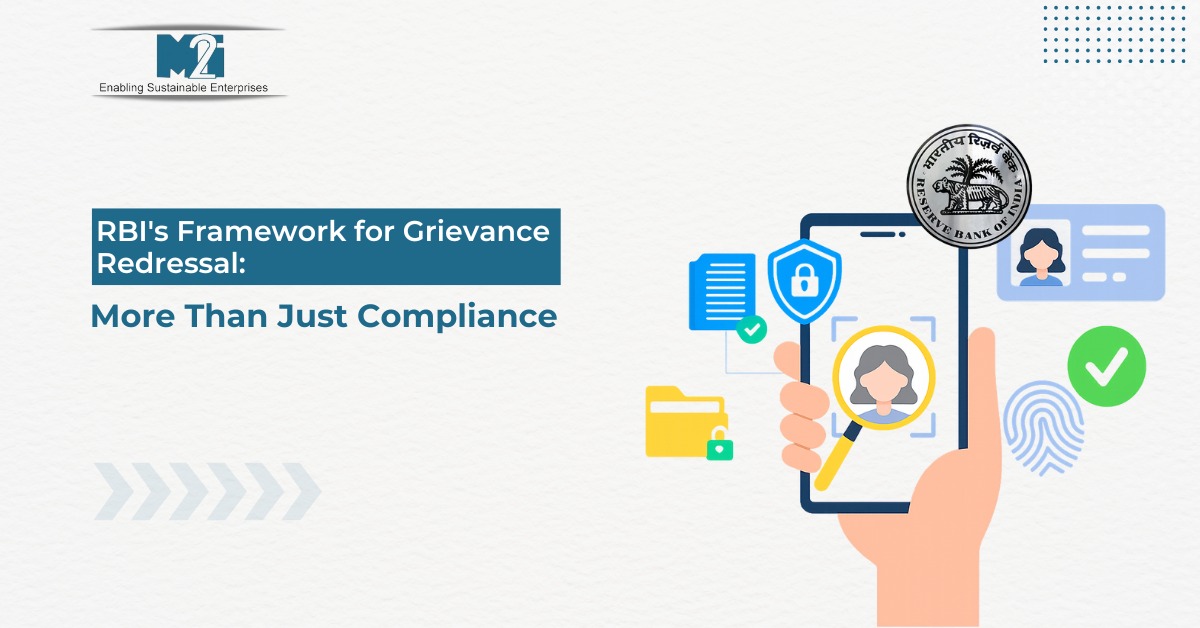
RBI's Framework for Grievance Redressal: More Than Just Compliance
In India's financial ecosystem, grievance redressal is not a checkbox—it's a cornerstone of consumer trust. The Reserve Bank of India (RBI) has consistently emphasized this through a robust regulatory framework, including the Master Directions on Customer Service, the Fair Practices Code, and sector-specific circulars for banks, NBFCs, and MFIs.
The Fair Practices Code mandates transparency in loan terms, respectful recovery practices, and a clearly defined grievance escalation mechanism. Institutions must appoint a Nodal Officer, display contact details prominently, and resolve complaints within stipulated timelines. RBI’s Complaint Management System (CMS) has further streamlined how customer complaints are tracked, analyzed, and addressed—bringing accountability and data-driven oversight to the forefront.
To reinforce internal accountability, RBI introduced the Internal Ombudsman Scheme, now mandatory for large NBFCs and banks. This ensures that unresolved complaints get a second, independent look before being closed, increasing fairness and reducing escalation to external channels.
Recent regulatory actions—such as restrictions on lending or onboarding of new customers—against NBFCs and MFIs with poor grievance handling, prove that the RBI is serious. Grievance redressal is no longer just about avoiding penalties; it’s about delivering inclusive, ethical, and responsible financial services. Institutions that fail to understand this risk not just fines, but public trust.